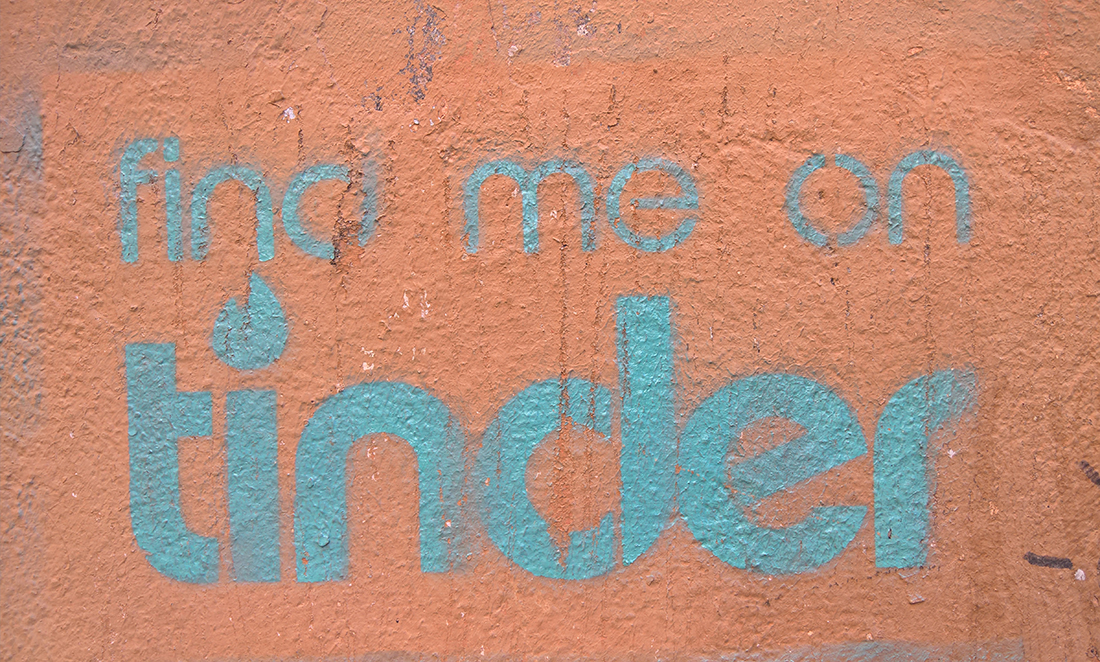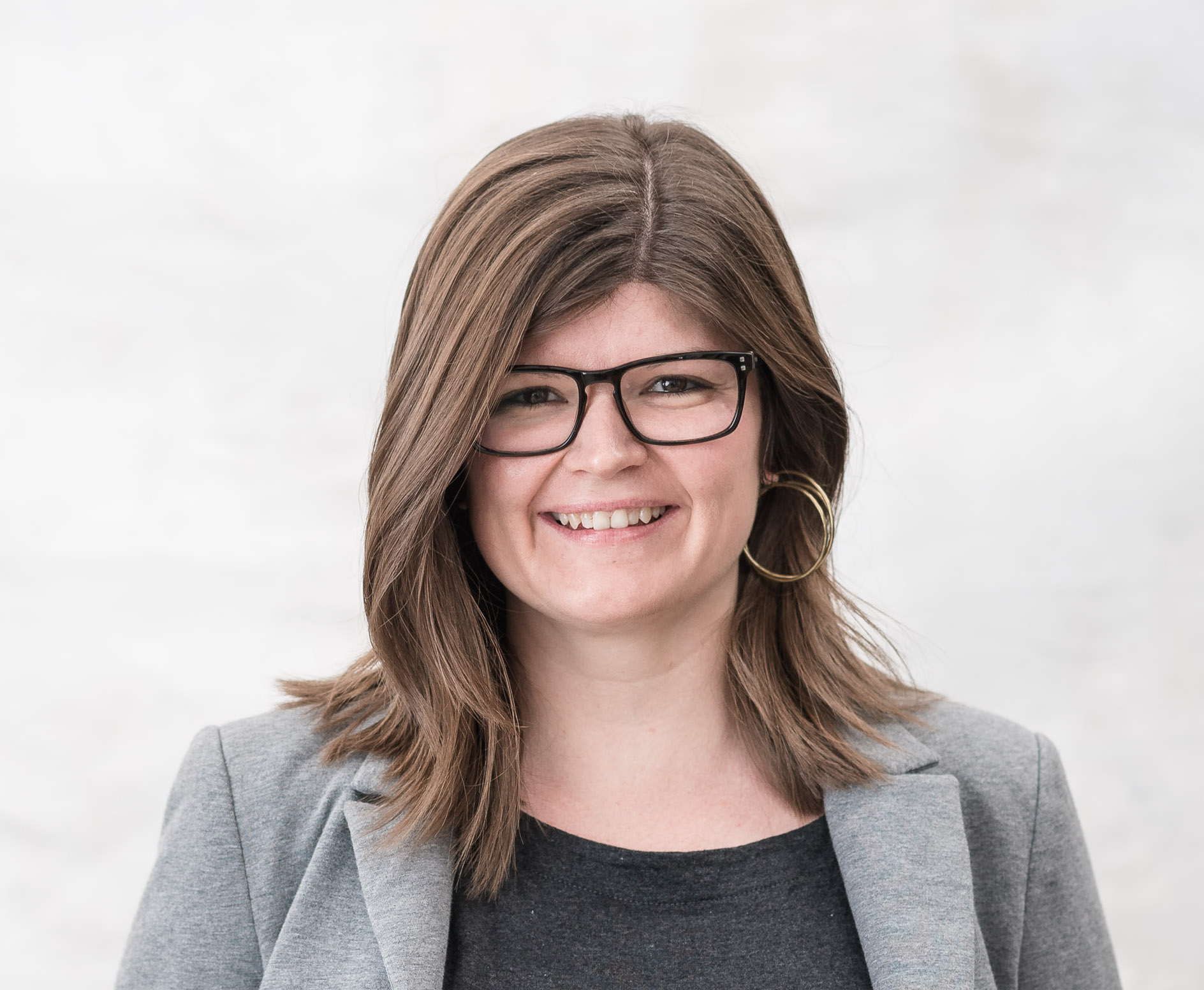All the way back in ye olden days of the mid 1990s, Grateful Dead lyricist John Perry Barlow penned his A Declaration of the Independence of Cyberspace.
In it, he declared that, through the internet, “We are creating a world that all may enter without privilege or prejudice accorded by race, economic power, military force, or station of birth. We are creating a world where anyone, anywhere may express his or her beliefs, no matter how singular, without fear of being coerced into silence or conformity.”
Business as usual?
Now the internet is pretty ho hum. It’s great for looking at Trump’s latest depressing tweets or sharing photos of your lunch, but has it drastically improved society in the way Barlow imagined? Maybe not so much.
Or has it?
New research suggests that the internet is indeed changing the very nature of society by making marriages stronger and more diverse.
The specific vehicle for this change? Would you have guessed it was online dating apps like Tinder? With one-third of straight marriages and up to 70% of same sex marriages now beginning online, this perhaps shouldn’t be all that surprising.

In September, Josué Ortega and Philipp Hergovich published a paper in Physics and Society that provides the first evidence of these changes.
Transcending differences
Over the past 20 years (which incidentally is about how long ago John Perry Barlow published his cyberspace manifesto), there’s been a sharp uptick in interracial marriages in the United States. Josué and Philipp theorised that this change is because of online dating. And their model seems to suggest that this is indeed the case.
Before the internet, Josué and Philipp argue, “We used to marry people to which we were somehow connected: friends of friends, schoolmates, neighbours. Since we were more connected to people similar to us, we were likely to marry someone from our own race.”
Now, thanks to online dating, we are able to easily make connections with individuals who would otherwise be complete strangers—or what researchers describe as “absent ties”.
Josué and Philipp’s model also suggests that the nature of relationships is being changed by online dating. Relationships started online, they suggest, are much stronger than those created offline.

And Josué told me that research hot off the press is suggesting that online dating is also accelerating marriage. “A recent article also suggests that relationships that start online progress to marriage at a much faster speed that those who met offline.”
A personal connection
I asked Josué, a lecturer in economics at the University of Essex in the UK, what the inspiration was for the research.
“My students told me about Tinder,” he told me. “I could not believe how popular it was. I downloaded it and found it was true. I met a girl who I briefly met before and now is my girlfriend and we have been dating for 7 months.”
Maybe John Perry Barlow was right—perhaps the internet will help to create a more equal world, enabled by not just technology but by love.









